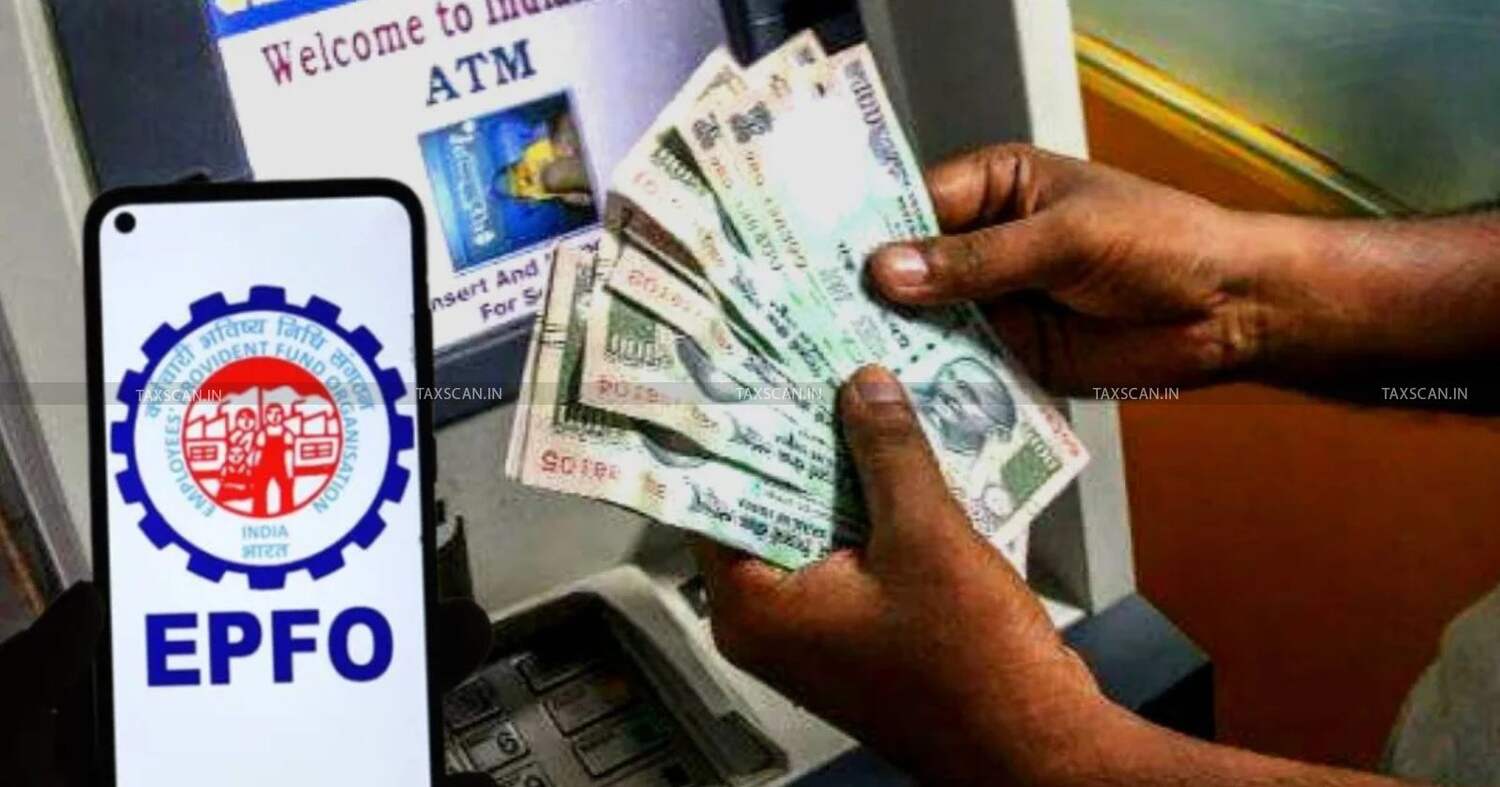Two titanic giants- AMAZON AND FLIPKART have been called out by the Competition Commission of India (CCI) based on complaints filed by the Delhi Vyapar Mahasangh(DVM), a small group representing small and medium business owners.
The investigation commenced in January 2020 due to an allegation that these platforms have been giving preferential treatment to certain sellers.
Amazon in particular, was said to have indirect equity stakes in some of it’s top sellers. Cloudtail and Appario for instance, were reported to be joint ventures between Amazon and Indian companies.
Another way they allegedly carried out this operation was by making exclusive deals with smartphone makers like Samsung, Realme, OnePlus, Xiaomi and Motorola, colliding with Amazon and it’s affiliates which led to the limitations of these products on other platforms or stores- both online and offline.
As for Flipkart, the CCI report mentioned the Indian units of Samsung, Vivo, Lenovo, Xiaomi and Motorola also conducting similar practices.
These preferred sellers were said to be given more visibility on the platforms as well as their products which resulted to bulk purchase from the platforms through their preferred sellers.
Of course, this also provided better terms and conditions for warehousing and delivery services, lower commission rates, cutting costs for these sellers, which was not available to other sellers making use of these platforms.
These actions have supposedly triggered a violation of the local competition laws in India according to Section 3(1) read with Section 3(4) of the Competition Act, 2002.
These sections restrict anti-competitive agreements between entities at different levels of the production chain that could cause a significant adverse effect on competition.
Their preferential treatment to certain sellers could be said to have effectively created an uneven playing field as it not only limit the availability of products, but also, creating barriers to entry for new sellers, and driving out the existing competitors who were not part of the preferred sellers.
Secondly, according to Section 4 of the Competition Act, 2002; which forbids the abuse if dominant position by enterprises, their actions seemed to go against this rule as they have apparently used their influence in one market to protect other relevant markets, thereby promoting private labels in the process.
Amongst many other legal violations, these platforms have repeatedly undermined the essence of the fair competition that the laws dutifully seek to protect.
Since the time of the allegations against them, the CCI has unhesitatingly ordered investigations to look further on the matter, highlighting concerns based on the allegations placed against them from the dissatisfied sellers in these platforms.
In February 2021, the Reuters special report claimed that over 33 Amazon sellers accounted for about one third of the value of all the goods sold on the platform.
As of 2022, the Commission requested more information from both companies regarding their business models.
These rumors led to a keen observation on the e-commerce market and a need to address the issues.
Flipkart, along with Amazon did not appreciate the spotlight on them as they resisted the investigation order in the Karnataka High Court, claiming that the CCI lacked sufficient evidence to warrant an investigation.
Following the proceedings of the investigation nonetheless by the approval of the High Court, their stance began to change as they expressed willingness to cooperate with the CCI investigation.
Flipkart continued to emphasize their transparency in it’s operations and it’s positive impact on the Indian economy such as creating job opportunities and providing support for small and medium enterprises.
Amazon however, has vehemently denied all allegations against it, including it’s ‘equity stakes in some of its top sellers’. In response to these allegations, it went further to reduce it’s equity stake in their largest indian seller, Cloudtail which went from 49% to 24% in 2019.
In recent investigations, the company confirmed their co-operation to working constructively with the CCI and addressing whatever concerns they may have.
However, there is no definite conclusion as investigations are still ongoing.
While these e-commerce giants remain under scrutiny with all eyes fixated on them, ears to the ground for the final outcome of the investigation.
The future of the e-commerce regulations in India lies in the outcome of this probe.



